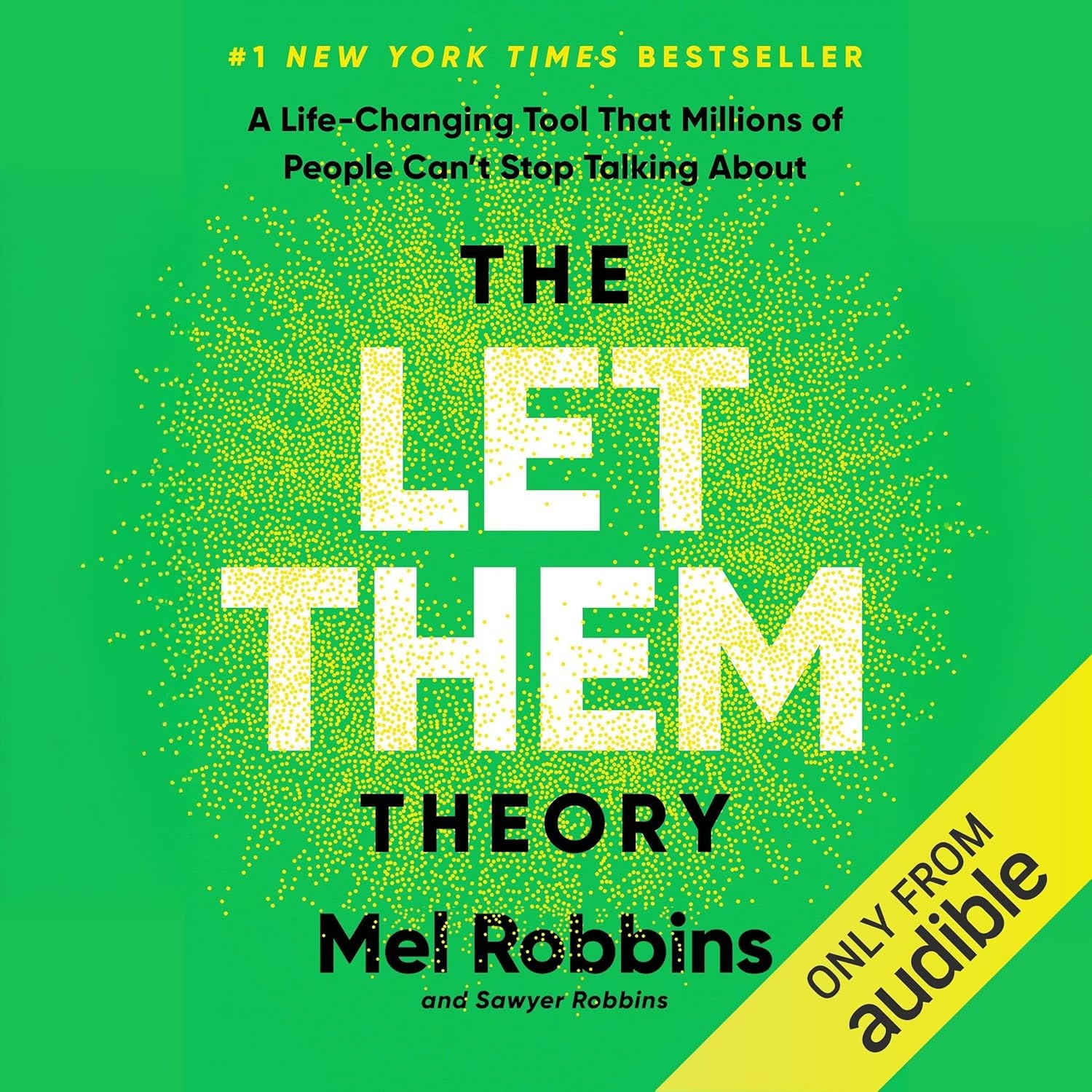![]() I think this is an important book for all parents to read because it takes such a warm and joyful approach to the subject. It’s not a primer on how to turn your daughters into the best athletes ever but, rather, how to be their biggest fan. Your story starts when your five-year-old asked, “Why is it that only boys play sports?” How did that change everything for you?
I think this is an important book for all parents to read because it takes such a warm and joyful approach to the subject. It’s not a primer on how to turn your daughters into the best athletes ever but, rather, how to be their biggest fan. Your story starts when your five-year-old asked, “Why is it that only boys play sports?” How did that change everything for you?
I suppose it’s because I had never thought about it. I was a boy. I played sports. Suddenly, I had to think about it, and when I did I realized that it was absurd that the thought was even out there.
When I was young, girls played sports, but it must have been basically on their own until at least junior high. There was Little League and midget football for boys and I never saw a girl play sandlot or pick-up anything. But these days, when the call goes out at age 4, 5 or 6 for T-ball or biddie soccer or basketball, every kid goes out, boy and girl. They may weed their interests out later, but at the beginning, everyone plays.
Sports have always been a big part of your life. Did you always assume your children would get involved in sports?
Hard question to look back on. Since the girls started so early, as all kids do now (see above), I didn’t have to reflect on it. They played. That was that.
What did you find to be the differences between girls’ and boys’ sports? What surprised you most about girls’ sports?
Because, as I have long noted, boys could possibly be on trading cards or play before 65,000 drunken alumni, the expectations for boys in sports is greater. They get weeded out earlier into these A and B squads. Girls have that A and B thing, but it is often a bit more fluid. I would guess once the caste system sets in for boys, they can’t escape. If a girl is on the B team in 5th grade, there is still a reasonable expectation she could get better.
What do you think girls get out of sports that they wouldn’t get from some other activity?
It’s not that they can’t get it in any other activity. There is teamwork and leadership and individual accomplishment in theater and music and all sorts of school clubs. It is just that in sports, you get to prove it almost daily. If my kids were in theater, for instance, maybe they would have 9-10 performances a year. That is half a lacrosse season, a third of a tennis season. There is always the chance for something spectacular, something funny, something memorable to happen every day in sports.
What’s the most valuable lesson your daughters learned through sports?
Here’s an example with Ella, my older one. She was co-captain of the New Jersey state championship tennis team her senior year, a member of the basketball team through senior year and a coxswain in crew. But she was the 14th best kid on the tennis team, which must have meant she showed leadership abilities. She won the Coach’s Award in basketball, presumably because she was possibly the smallest varsity player in New Jersey at five-foot-oh, so she had moxie. And though she was recruited to Division I schools as a coxswain, she begged off and went to Davidson College, a superior liberal arts school, so she showed perspective. She has become a workout queen and never gained that proverbial “Freshman 15” in college.
Sylvia is no different (she is still in 10th grade). I am guessing she, too, will be a tennis co-captain senior year, without being one of the top kids. And she has won those Coach’s awards for soccer and basketball, too, not because she was the best player, but because she was heady and cooperative and stick-to-it-ive.
What’s the most valuable lesson you learned through your daughters’ sports?
To laugh! Our best remembrances are not the spectacular games, but the funny ones. The time Sylvia was the high scorer for her basketball team in a 44-1 loss is much more important than if she had scored 25 in a 44-38 win, I believe. Ella once was going up for a layup and her mouth guard dropped out as she went up. She deftly grabbed it with her left hand and smoothly went up for the layup with her right.
I wanted to be omnipresent and unobtrusive at the same time – always be there, but always out of the way. I never criticized them after a game. I might have said something about a nuance I had observed, but generally, it was all positive.
The point is that we remember things in fun today. We live a long time well after these games are over, so we had better at least have some good stories to tell.
What effect did your daughters’ involvement in sports have on your relationship with them?
Practically everything. It has given us something to talk about that isn’t crucial – boys, grades, the future, that’s all scary. To rehash a season or a game or look forward to the next one, that’s got to be fun.
As I say in the book, sports isn’t the only venue for dad/daughter relations, nor even necessarily the best one. But it was ours and we found a way to communicate in that, which made it easier to talk about the more important things when that was necessary.
As someone whose daughter played softball, tennis and golf throughout school, I have dealt with a lot of crazy parents! I was so impressed by your ability to stay on the sidelines and simply be supportive! How difficult was that for you? What do you think a parent’s role should be in sports?
I was not a saint, but for the most part, I tried to keep my relationship with coaches to a minimum. I would always thank them at the end of the season in a polite email, just as I do teachers after a marking period. I have never said that my kids should play more or play somewhere else, even if I think that. What would be the point? No coach has been abusive physically, so I never had to worry about that.
A parent should be around as much as his or her kid wants – in our case, my daughters never minded me around. In fact, I still get calls as I am leaving the house for forgotten socks or wanted water bottles, for them or for other kids.
I don’t think there is one way to do things. Some kids want their parents far away; some want them coaching them. I can only tell you that it has been a lot of fun for us. I do know now, after writing the book, some things about how I might have done things better, but they were little things, not the overall.
Girls’ sports have changed so dramatically since the passage of Title IX in 1972. How do you think it will continue to change by the time you have granddaughters?!
Not much. I think this is the way it will be for a long time. The only thing that might change it is if more women get into coaching, but that is still mostly a male bastion. Even then, I don’t know that that will change much, since I have found most male coaches of girls to be good role models.
How do your daughters feel about your book?
The best compliment I got was when I did a reading soon after Ella came home from college for the summer. She had decided not to read the book until she came home. One of the people at the reading turned to her and asked her what she had thought of the book. She said that she cried at the end. What better review did I need?
I love your line about children, “If you didn’t want to live through them, why did you have them?” What are you going to do once they’re finished with school and sports?
It’s a good question that I can’t yet answer. I play sports constantly myself. Even nearing 60, I play basketball and/or tennis nearly every day. Sylvia is still playing a sport a season, so I still have that. And I still go to the girls and boys basketball games in Haddonfield, even though I have no dog in the hunt. It will be a tough transition when Sylvia goes away to college, but I managed to have a good life before they were born, so I think I will find something to do both with and without them. But it is true, that saying you liked. Everyone’s kids reflect their parents in some way. It doesn’t mean you have to be overbearing, but you have to instill something, don’t you?




Thanks for sharing another great interview! I plan to get the book for myself, my son, and my husband to read. We share a 3 and 1/2 year old granddaughter who already shows interest in a variety of sports. Her daddy and papa have high hopes of grooming a little scholar-athelete they can share lots of sports moments with.